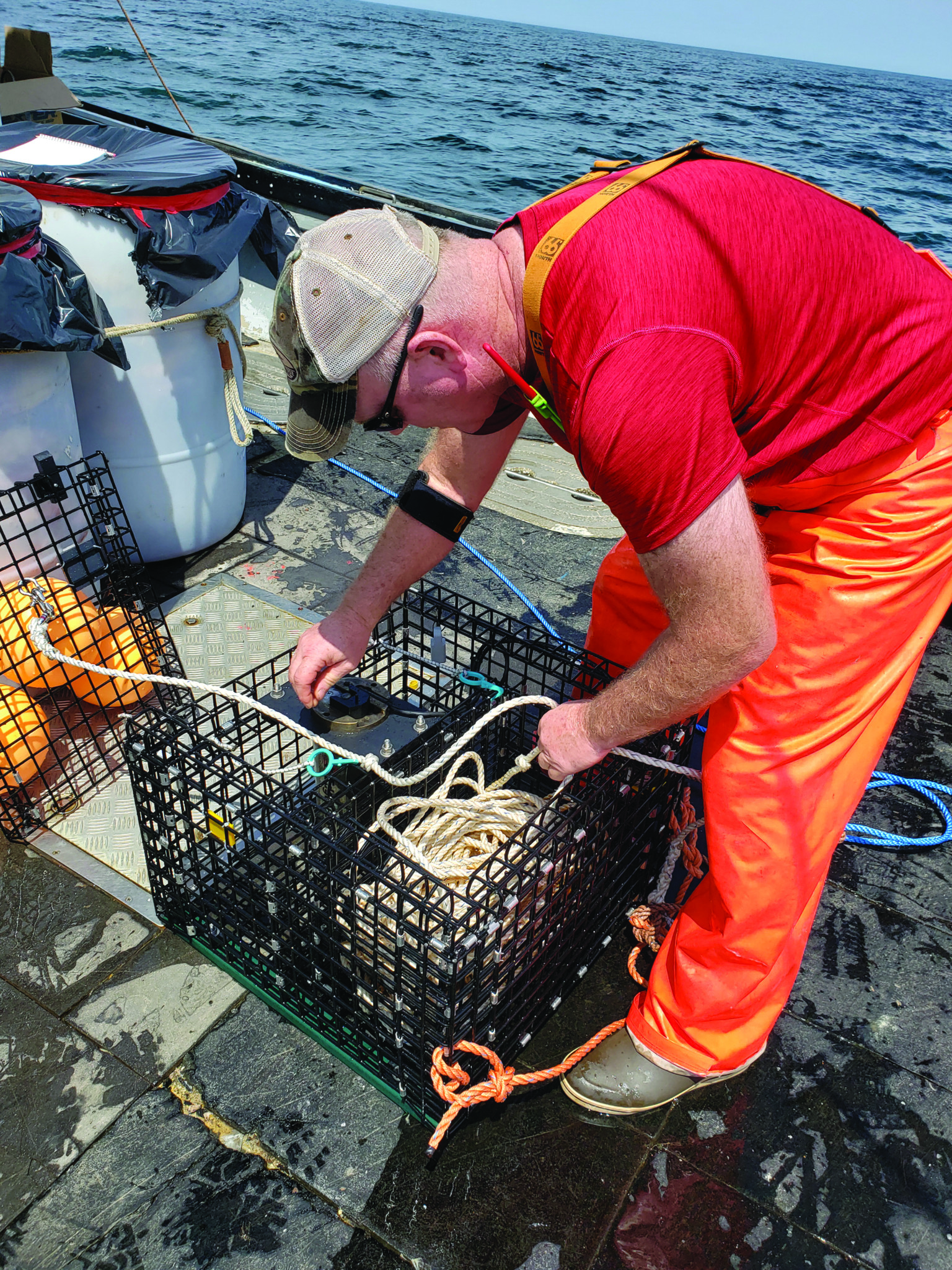A bill to require the use of ropeless pop-up gear in Dungeness crab and other trap fisheries by November 2025 was introduced into the California State Assembly on Thursday, Feb. 11.
Dubbed the Whale Entanglement Prevention Act, fishermen say the passage of such a law would be a death knell for the iconic and recently embattled Dungeness crab fishery. But at this point, there isn’t much fear among the fleet, as the bill could be dead in the water.
“I think we’re going to kill it,” said Ben Platt, a Crescent City-based fisherman and president of the California Coast Crab Association. “It’s not going to make it out of committee.”
Assemblymember Rob Bonta (D-Oakland) introduced the bill, AB-534, with two environmental organizations as cosponsors, Social Compassion in Legislation and the Center for Biological Diversity. The latter group filed a federal suit against the state of California in October 2017, arguing an increase in whale entanglements in the Dungeness crab fishery violated the Endangered Species Act.
The spike in whale entanglements from 2015 to 2017 has been attributed to climate change and an extreme marine heatwave that caused ecosystem shifts and habitat compression.
But in the first year of the spike, the California Dungeness Crab Fishing Gear Working Group was created by the California Department of Fish and Wildlife, in partnership with California Ocean Protection Council and National Marine Fisheries Service, bringing commercial fishermen together with scientists and regulators to find ways to mitigate depredation through gear modification.
During the five years of dialogue, in a not-always-harmonious mix of stakeholders, fishermen have accepted pot limits and implemented best practices, including reducing buoy and trailer line, moving toward neutral buoyancy rope and setting gear with proper line lengths, so there’s no slack in the water.
Most recently the California Department of Fish and Wildlife instituted Risk Assessment and Mitigation Program regulations November 2020 that, among other things, keep fishermen off the water when the presence of whales exceeded a certain threshold in state crab districts, as happened in November and December.
Ropeless gear has long been seen as a solution to entanglement issues in pot fisheries by environmental groups and regulators, but fishermen have found the technology to be unreliable, time-intensive and expensive, Platt said.
Pop-up gear, which deploy buoy lines with an acoustic release trigger, cost $1,000 to $2,500 per pot, as opposed to around $200 a pot for traditional gear. Retooling to the new gear by 2025 could cost a single fisherman more than $1 million. Platt also argues the ropeless gear have been shown to fail up to 20 percent of the time, leaving expensive litter on the ocean floor.
The newly introduced bill doesn’t just target commercial Dungeness crab fishermen, but all commercial and recreational fishermen in the state who use traps to catch a crab, lobster and blackcod, among other species.
“We are disappointed that Assemblyman Bonta did not reach out to the state’s fishing industry before introducing AB-534. Had he done so, he would have learned that we have been actively involved in testing alternative gear types, including ropeless gear; but those tests have shown that current technologies are not workable answers,” said Mike Conroy, executive director of the Pacific Coast Federation of Fishermen’s Associations.
“We would be remiss if we did not mention that during the 2019-20 commercial Dungeness crab season,” Conroy continued, “one whale was entangled in California commercial crab gear and none during the current 2020-21 season.”







